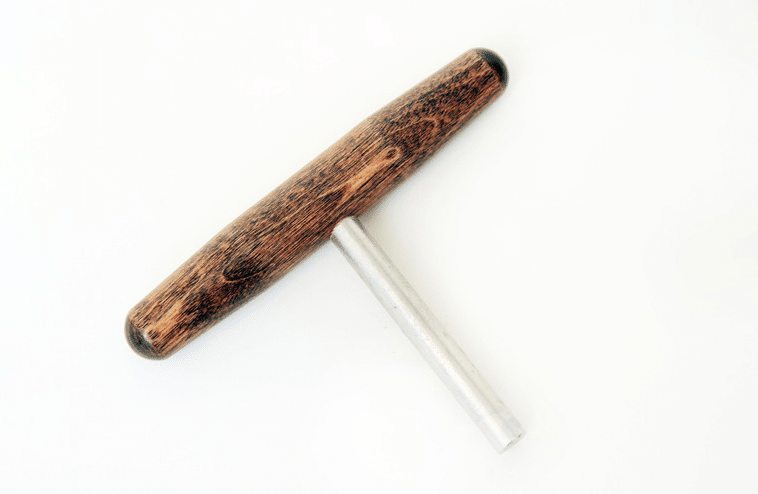How well in tune are you to your yourself? Many of you are saying, “I thought it was dulcimer was supposed to be in tune to my Korg!” Well, you’re right. But, that’s not the motive of this accumulation of 888 English words. Allow me to begin…
You’re lost and driving your car down the road when your cell phone rings. You quickly rummage to find your phone with the intent of answering it, not because you want to talk, but because you want to turn off that annoying ring tone that you paid $1.99 for.
After nearly driving your vehicle into a group of trees, a friend (who isn’t very musical) says to you, “Turn your radio on! They’re playing that dulmier thing you do!” You think “Finally! The dulcimer has made it onto my biggest, local music station!”
Amidst the frustration of being on the wrong road, you tune into the station to realize that it wasn’t a dulcimer. It was a mandolin in the middle of a country song talking about the memories had with a pair of boots and pickup truck.
There are three really big points in this story.
1) Don’t pay $1.99 for a ring tone which you’ll end up hating
2) Know where you’re going
3) Know who to listen to
Alright, so where does this whole tuning thing fit in? In order for things to be in tune, there must be a standard by which you tune to. In this particular case, I will mostly discuss the subjective standard–yourself. You must learn to be in tune to what your personal tastes and goals are with your dulcimer.
One of the beauties of human beings is that we’re not all alike. We’re different. We have different strengths, weaknesses, preferences, methods, etc. All of these play an enormous factor into your relationship with your instrument.
Now, on to elaborating my three really big points…
1. Don’t pay $1.99 for a ring tone which you’ll end up hating
One of the most important things of being a musician is to find the instrument(s) that you’re happy with. Plenty of quality articles have been written about choosing the right dulcimer, so that is not the overall motive of this article. There are black and white rights and wrongs with choosing dulcimers. But, much of choosing the right dulcimer is being in tune to what your personal preferences are. This can take time! I’ve owned many instruments. Some, I decided I liked. Others, I didn’t. To summarize, if you’re not happy with the instrument that you’ve purchased, odds are that you’ll end up seeking to “turn it off” rather than to play it.
2. Know where you’re going
It is crucial to make an intentional effort to know where you’re going. This includes your motives, habits, and development progress. Too often, I’ve seen musicians who found themselves at a dead end because little attention was given to where they were headed as a musician.
Something that I ask all my students is, “How good do you want to get and why?”
These two questions answer a lot of questions and are extremely revealing to being in tune to your personal goals and motives. If you’re honest with yourself, you may discover that some are healthy and others are not!
Once your goals are set, write your plan. This can include how often to take lessons, when, what, and how often to practice, attending festivals, your budget, distance learning, etc. The glue is steadfastness. Never quit and never procrastinate. Stay with your goal and one day you’ll be satisfied with the results.
The next step is to reward yourself with milestones. Stair-step your milestones. Example: if I were to have a goal of running 10 miles non-stop, I would personally set milestone markers at 2 mile intervals. My first goal would be to run 2 miles, then 4, then 6, etc. If I set my sights on the 10 miles to begin with, the road would seem too long, unattainable, and I might quit. However, if I set milestone markers, I know exactly where I’m at, that I am making progress, and also have satisfaction of achieving personal milestones.
This ties into music as well. You may have a long-term goal of playing in a successful band. But in order to get there, set different milestones along the way. It could start as simple as playing a scale 2x in a row without mistakes, followed by knowing how to play a scale in 3rds, learning the chromatic scale, completing your first arrangement or compositions, etc.
I’m not saying that everybody has to be the next Yo-Yo Ma, but what I am saying is that you need to be in tune to your motives and development progress or else you may find your days as a musician coming to screeching halt.
3. Know who to listen to
We should only listen to those who know what they’re talking about. If possible, find a quality teacher who has credentials. If that isn’t possible, look into taking Internet lessons or attending festivals to learn from teachers who know what they’re talking about. Also, listen to quality music by established players. This doesn’t just have to be dulcimer music. It could be any type of music. But the key is that if you listen to those who are accomplished, you will make yourself better. Input=Output.
